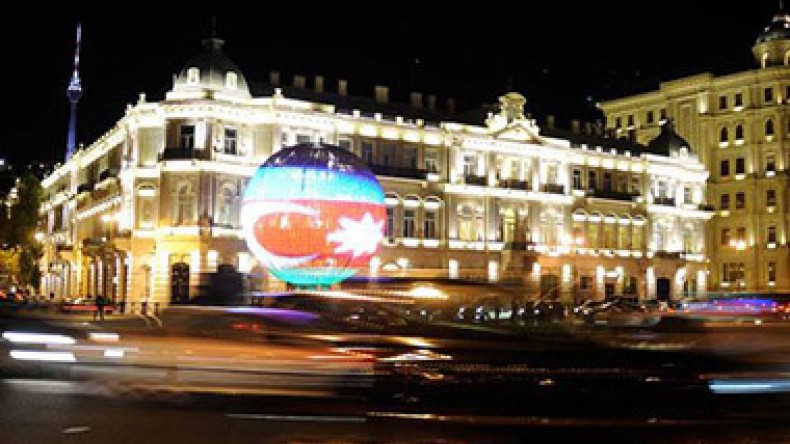
Correspondent of ‘‘The Independent’’ not allowed to Baku to cover Baku World Challenge car race
The correspondent of the British “The Independent” magazine was supposed to leave for Azerbaijan for covering the Baku World Challenge car race. But a construction tycoon and friend of the President, who had been due to host this reporter in Baku, decided at the last moment that he was not welcome.
According to the article that was published in The Independent, as many as 100 representatives of the global media were to cover the car racing. “The Baku World Challenge is a jewel in the heavily burnished crown of the re-elected President, Ilham Aliyev, a man who would rather the media be dazzled than dwell on his increasingly relaxed approach to democracy, human rights, and press freedom,” the author writes.
According to him only one journalist was uninvited, without reason. It may be that the government there became concerned that The Independent would not confine itself to the racetrack. “And they'd have been right,” he writes, “What was it about life under President Aliyev that they did not want me to see?” Simon Usborn wonders.
He notes that as Baku prepares to put on a show on a scale not seen since its Crystal Hall hosted the Eurovision Song Contest last year, activists and campaigners say conditions there have got only worse since the election on 9 October, when Aliyev won an impressive 85 per cent of the vote.
The journalist quotes Rebecca Vincent the human rights activist the former US diplomat in Baku works in London as a human-rights consultant. She directed Usborn to a report by the Office for Democratic Institutions and Human Rights (ODIHR), which independently observed one in five polling stations. It found that it may have been the worst vote count ever observed by an ODIHR election observation mission anywhere. Vincent says Azeris have faced a harsh crackdown since the election, while Azadliq, the country's leading independent newspaper, is being driven by the state towards bankruptcy. Journalists have been jailed, while Amnesty International estimates there are 18 "prisoners of conscience" in the country.
"As the human-rights situation worsens, the regime's efforts to mask repression through PR at the international level appear to be intensifying," Vincent says.
Newsfeed
Videos






























